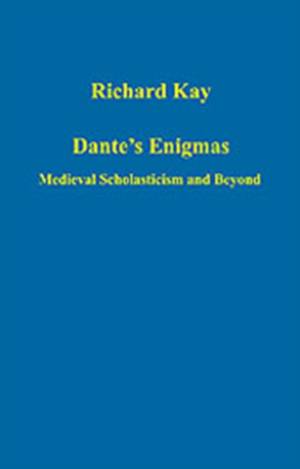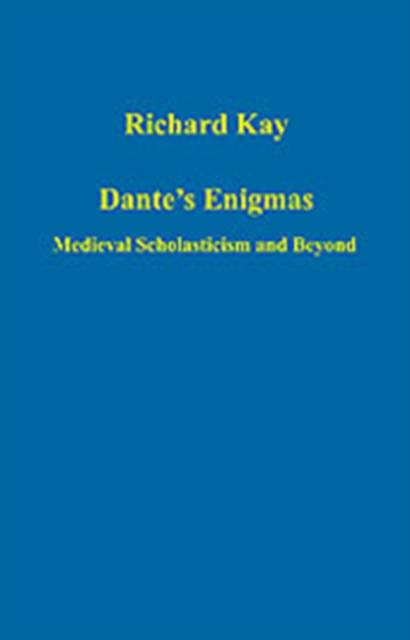
Bedankt voor het vertrouwen het afgelopen jaar! Om jou te bedanken bieden we GRATIS verzending (in België) aan op alles gedurende de hele maand januari.
- Afhalen na 1 uur in een winkel met voorraad
- In januari gratis thuislevering in België
- Ruim aanbod met 7 miljoen producten
Bedankt voor het vertrouwen het afgelopen jaar! Om jou te bedanken bieden we GRATIS verzending (in België) aan op alles gedurende de hele maand januari.
- Afhalen na 1 uur in een winkel met voorraad
- In januari gratis thuislevering in België
- Ruim aanbod met 7 miljoen producten
Zoeken
Omschrijving
Dante's Comedy is a puzzling poem because the author wanted to lead his readers to understanding by engaging their curiosity. While many obscure matters are clarified in the course of the poem itself, others have remained enigmas that have fascinated Dantists for centuries. Over the last thirty-five years, Richard Kay has proposed original solutions to many of these puzzles; these are collected in the present volume. Historical context frames Kay's readings, which relate the poem to such standard sources as the Bible, Aristotle, Aquinas, and the Latin classics, but he also goes beyond these Scholastic sources to exploit Dante's use of less familiar aspects of Latin clerical culture, including physiognomy, Vitruvian proportions, and optics, and most especially astrology. Kay explores new ways to read the Comedy. For instance, he argues that Dante has embedded references to his authorities in a continuous series of acrostics formed by the initial letters of each tercet. Again, he shows how Dante returns to the theme of each infernal canto and develops it in the parallel cantos of Purgatorio and Paradiso. Particularly worthy of note are four essays on the poem's finale in the Empyrean.
Specificaties
Betrokkenen
- Auteur(s):
- Uitgeverij:
Inhoud
- Aantal bladzijden:
- 352
- Taal:
- Engels
- Reeks:
Eigenschappen
- Productcode (EAN):
- 9780860789840
- Verschijningsdatum:
- 28/09/2006
- Uitvoering:
- Hardcover
- Formaat:
- Genaaid
- Afmetingen:
- 149 mm x 224 mm
- Gewicht:
- 635 g

Alleen bij Standaard Boekhandel
+ 290 punten op je klantenkaart van Standaard Boekhandel
Beoordelingen
We publiceren alleen reviews die voldoen aan de voorwaarden voor reviews. Bekijk onze voorwaarden voor reviews.









